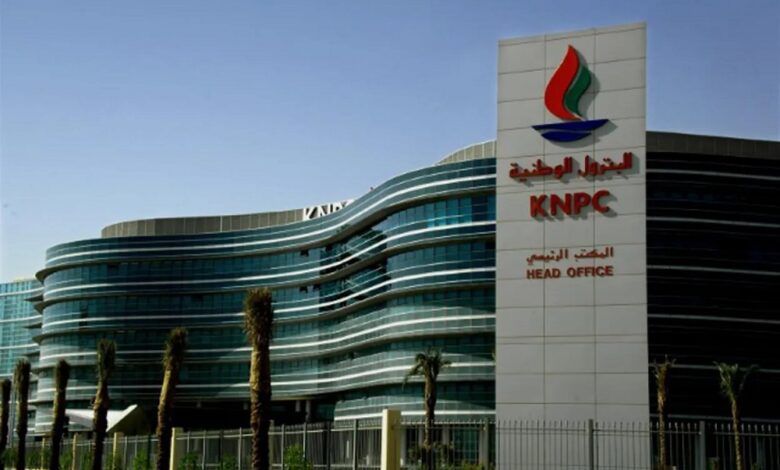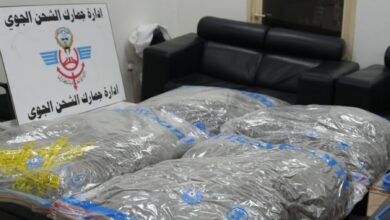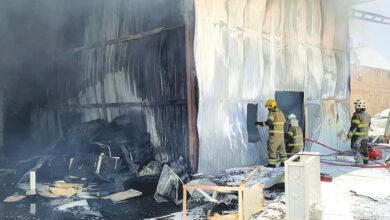
The Fifth Liquefied Petroleum Gas (LPG) Train, an ambitious project by the Kuwait National Petroleum Company (KNPC), will aim at bolstering Kuwait’s hydrocarbon assets as well as boosting natural gas production.
The project is working on gathering outputs of fields affiliated with the Kuwait Oil Company (KOC) Kuwait Gulf Oil Company (KGOC) in addition to petroleum gas produced by KNPC’s own refiners, which in turn boost hydrocarbon wealth, meet demands for clean energy resources and provide job opportunities for national cadres.
The Fifth LPG Train project is of great importance due to it being within the KNPC 2040 Strategy aimed at discovering and producing associated and unassociated petroleum gas in addition to other petroleum derivatives highly demanded by the global market and are environmentally friendly.
The LPG factory in Mina Al-Ahmadi Refinery produces high-quality hydrocarbon gas byproducts used in locally to fill gas canisters for homes and production of vehicle fuel.
The factory also exports products abroad. The factory, with its five lines, covers the local need for liquefied petroleum gas, providing the Ministry of Electricity, Water, and Renewable Energy with its fuel needs, which in turn produces electricity.
The production of gases plays a crucial role in several industries including petrochemicals; thus, the production of Liquefied Petroleum Gas would boost profits at KNPC.
According to the KNPC, the Fifth Gas Train includes an additional sub-unit for the production of clean fuel gases to meet KEPA regulations.
This unit serves the fourth and Fifth Gas Trains by treating the fuel gas to reduce H2S levels from 2,400 ppm to a maximum 50 ppm.
Speaking to KUNA in this regard, Shujaa Al-Ajmi — Deputy CEO of KNPC Mina Al-Ahmadi Refinery — said that the daily production capacity the Fifth Gas Train has a production capacity of 805 mmscfpd and 106,000 bpd of condensate, pushing the total production capacity of the five Gas Trains into a record 3,125 mmscfpd of gas, and 332,000 bpd of condensate.
He noted that the construction of the Fifth Gas Train required 6,900 workers at peak times. The full total number of working hours from the beginning of the Project until the initial commissioning date reached close to 58 million hours without lost time incidents.
This was a result of the concerted efforts of the team supervising the Project from KNPC together with the contractor’s labor. More than 100 Kuwaiti engineers from various Departments and Divisions took over 60 training courses that took place in two phases, one at the Headquarters of manufacturers and the other at the work site, he added.
Al-Ajmi revealed that the project cost around KD 428 million (USD 1.39 billion), indicating that the private sector contributed around 29.7 percent to the sum, a matter considered as an addition to the local economy.
He affirmed that the project faced some difficulties in execution and elements outside of control such as the heavy rainfall in 2018 that delayed construction and led to rescheduling.
The COVID-19 pandemic also presented a challenge due to a slowdown in most of the global activities, he noted, adding that the KNPC had in mind the safety of construction staff physically and mentally assisting workers to overcome this daunting task.
The Fifth LPG Train saw the use of 14,000 tons of steel in construction, he revealed, pointing out that the projects saw the installation of huge towers weighing over 1,400 tons. The length of pipes used amounted to 3.67 million meters. The project saw the installation of 589 machinery weighing around 19,000 tons and around 37 cubic meters of concrete were poured to create foundation for machinery and pipe holders.
Source: KUNA














